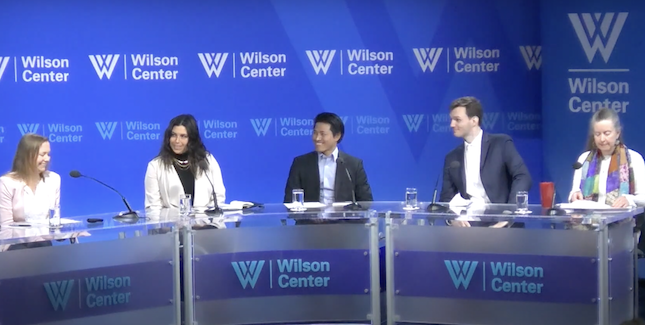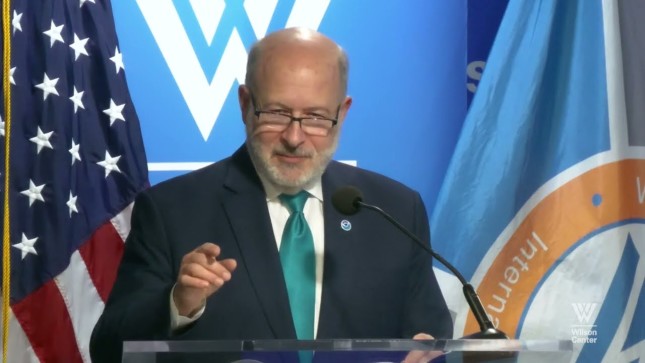-
The Climate Security Nexus: A Transatlantic Conversation With NATO
›July 21, 2023 // By Claire Doyle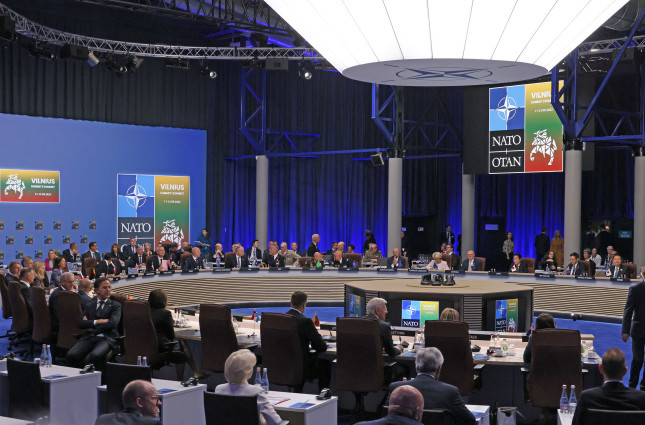
From individual health risks to geopolitical tensions, climate impacts are relevant to every facet of peace and security. Focus on these links has sharpened in recent years, as governments and international security organizations like NATO increasingly recognize that climate responses must be part of promoting peace and security.
-
Examining China’s Impact on Mining in Africa: Critiques and Credible Responses
›
The increased demand for minerals driven by the renewable energy transition has put China’s involvement in mining activities in Africa in the spotlight. But understanding the challenges posed by this activity means we need to situate it within broader contexts.
-
ECSP Weekly Watch | July 3 – 7
›
A window into what we are reading at the Wilson Center’s Environmental Change and Security Program
In Conflict-Affected Somalia, Climate Change Adds to Migration Pressures
In the Somalian coastal town of Hobyo, thousands of residents—some of whom settled there to flee the country’s civil war—are starting to leave. Why? Their homes are being engulfed by sand.
-
Addressing the Converging Risks of Climate, Insecurity, and Migration in Central America
›May 19, 2023 // By Claire Doyle
The idea of climate change as a “threat multiplier” has been gaining steam since it was first proposed roughly 15 years ago. This framing acknowledges that climate can interact with existing political, social, and demographic conditions to heighten communities’ security risks—which in turn suggests that problem-solving in the face of these risks must be interdisciplinary.
-
Building Global Collaboration on Infrastructure: A Conversation with Amos Hochstein
›April 7, 2023 // By Claire Doyle Today’s geopolitical climate, paired with the accelerating energy transition, means it is more important than ever to collaborate on international infrastructure investments. This episode of the New Security Broadcast features a recent Wilson Center panel discussion with Amos Hochstein, Special Presidential Coordinator for Global Infrastructure and Energy Security. Moderated by Mark Kennedy, Director of the Wilson Center’s Wahba Institute for Strategic Competition, and Wilson Center Global Fellow Sharon Burke, the conversation explores what U.S. cooperation—with both developed and developing countries—should look like to ensure that the unfolding technology and energy revolutions contribute to diplomacy and benefit all countries.
Today’s geopolitical climate, paired with the accelerating energy transition, means it is more important than ever to collaborate on international infrastructure investments. This episode of the New Security Broadcast features a recent Wilson Center panel discussion with Amos Hochstein, Special Presidential Coordinator for Global Infrastructure and Energy Security. Moderated by Mark Kennedy, Director of the Wilson Center’s Wahba Institute for Strategic Competition, and Wilson Center Global Fellow Sharon Burke, the conversation explores what U.S. cooperation—with both developed and developing countries—should look like to ensure that the unfolding technology and energy revolutions contribute to diplomacy and benefit all countries. -
The Changing Geopolitics of Critical Minerals and the Future of the Clean Energy Transition
›
At a recent Wilson Center event on the shifting geopolitics of critical minerals, Cory Combs, Associate Director at Beijing-based Trivium China, noted that “the nature of global resource competition is changing—and quite rapidly.”
-
Gravity and Hope in Environmental Peacebuilding: Two Young Leaders Share Their Stories
› In today’s episode of the New Security Broadcast, ECSP’s Claire Doyle partnered with Elsa Barron at the Center for Climate and Security for a conversation with two young leaders who are working to tackle climate change and build peace: Christianne Zakour and Hassan Mowlid Yasin. Christianne is a volunteer with UNEP’s Major Group for Children and Youth and Hassan is co-founder of the Somali Greenpeace Association. On the episode, Christianne and Hassan share about the climate, equity, and conflict issues that motivate their work and describe how they think we can make progress towards a livable future for all.
In today’s episode of the New Security Broadcast, ECSP’s Claire Doyle partnered with Elsa Barron at the Center for Climate and Security for a conversation with two young leaders who are working to tackle climate change and build peace: Christianne Zakour and Hassan Mowlid Yasin. Christianne is a volunteer with UNEP’s Major Group for Children and Youth and Hassan is co-founder of the Somali Greenpeace Association. On the episode, Christianne and Hassan share about the climate, equity, and conflict issues that motivate their work and describe how they think we can make progress towards a livable future for all. -
Water @ Wilson Event | Water, Peace, & Security: New Tools for a New Climate
›Water sustains life on our planet. And access to clean and safe water is foundational to society. So why has it only been in recent years that water has risen to the top of discussions of climate and security? Richard W. Spinrad, the Under Secretary of Commerce for Oceans and Atmosphere and NOAA Administrator, says that one of the biggest reasons is the major impact that climate-related changes in precipitation like droughts and extreme rainfall are having across the globe: “We’re starting to see things like we’ve never seen before. The nature of storms is changing: We saw five feet of rain fall in Hurricane Harvey. Five feet.”
Showing posts by Claire Doyle.


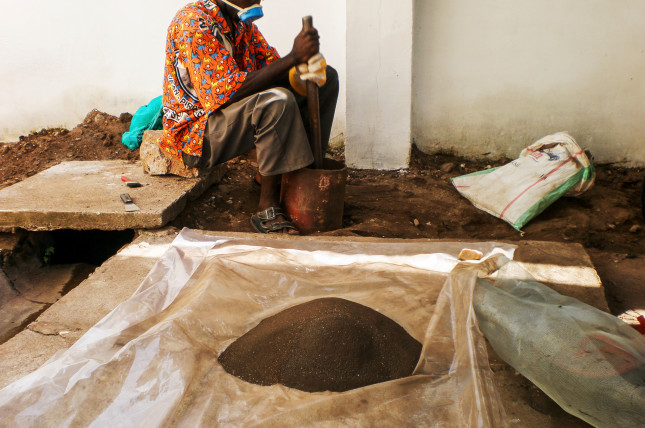

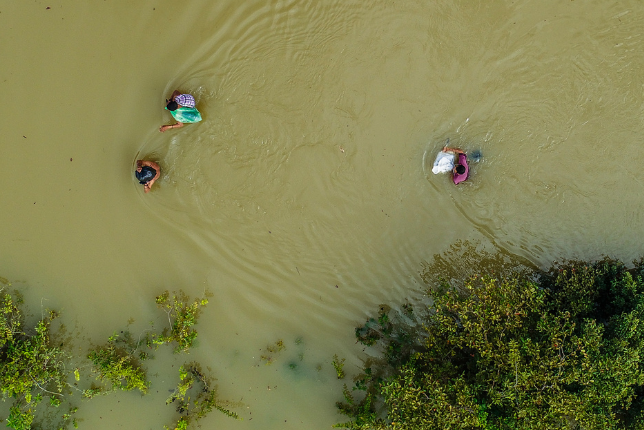
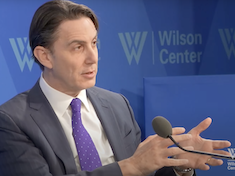 Today’s geopolitical climate, paired with the accelerating energy transition, means it is more important than ever to collaborate on international infrastructure investments. This episode of the New Security Broadcast features a
Today’s geopolitical climate, paired with the accelerating energy transition, means it is more important than ever to collaborate on international infrastructure investments. This episode of the New Security Broadcast features a 